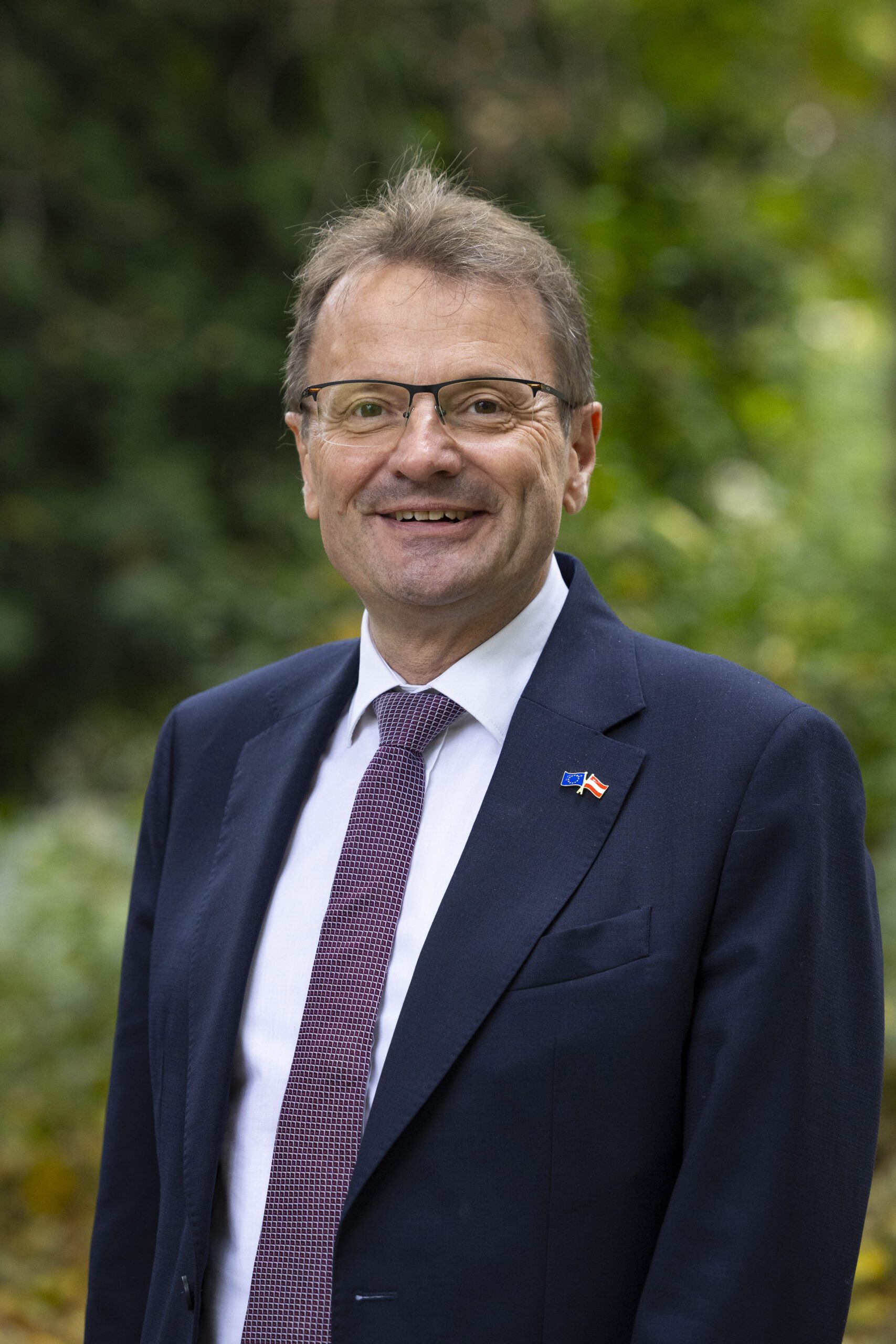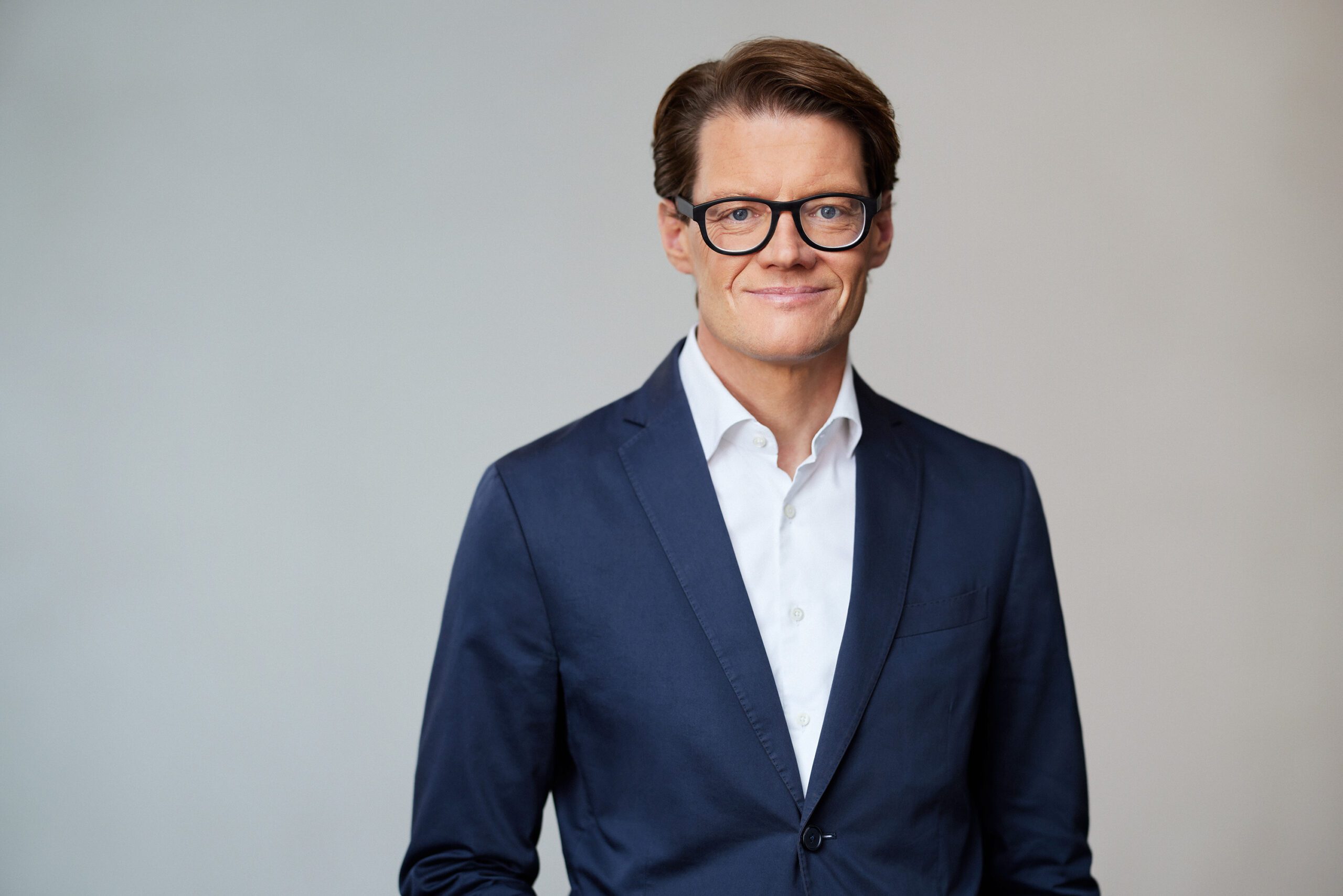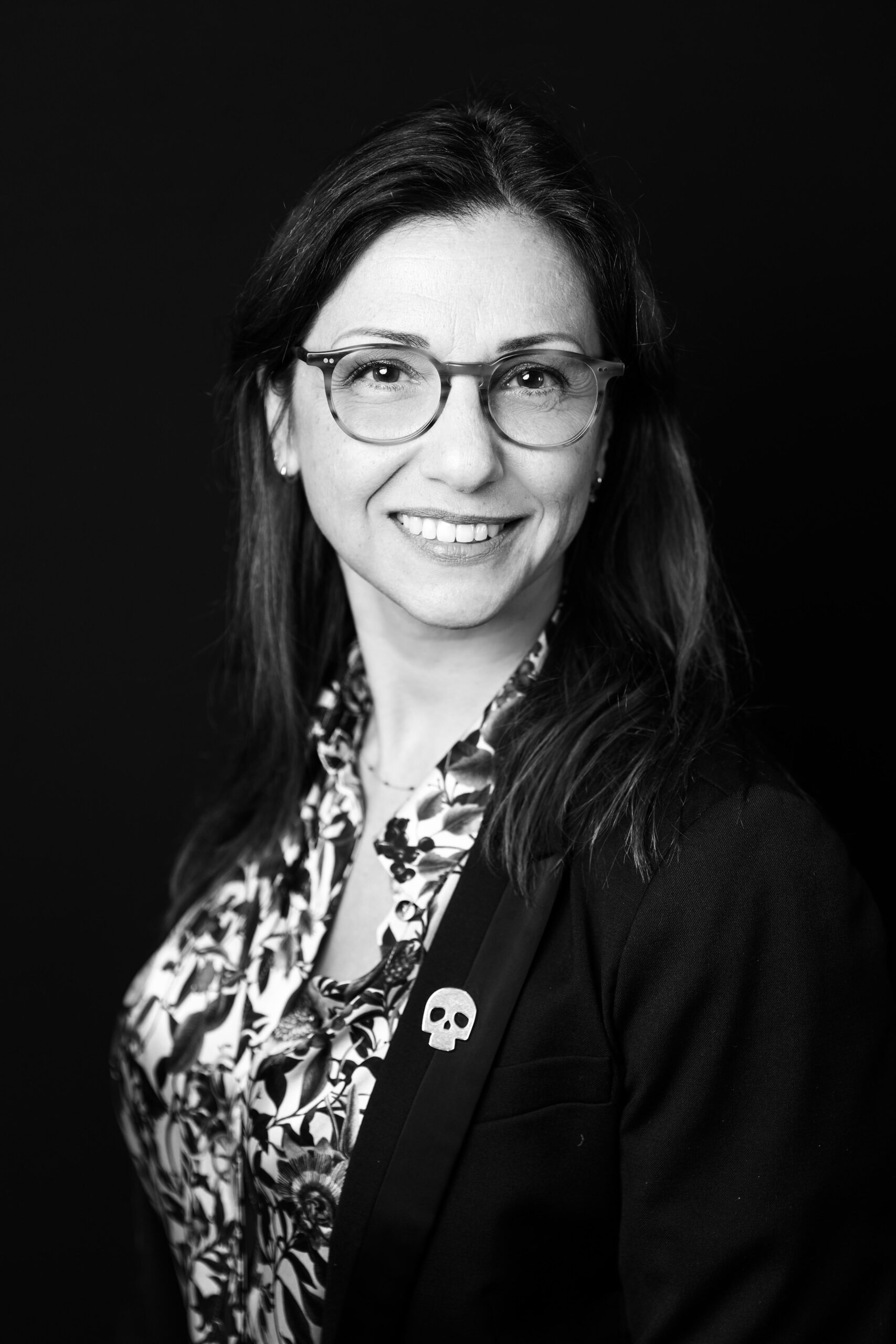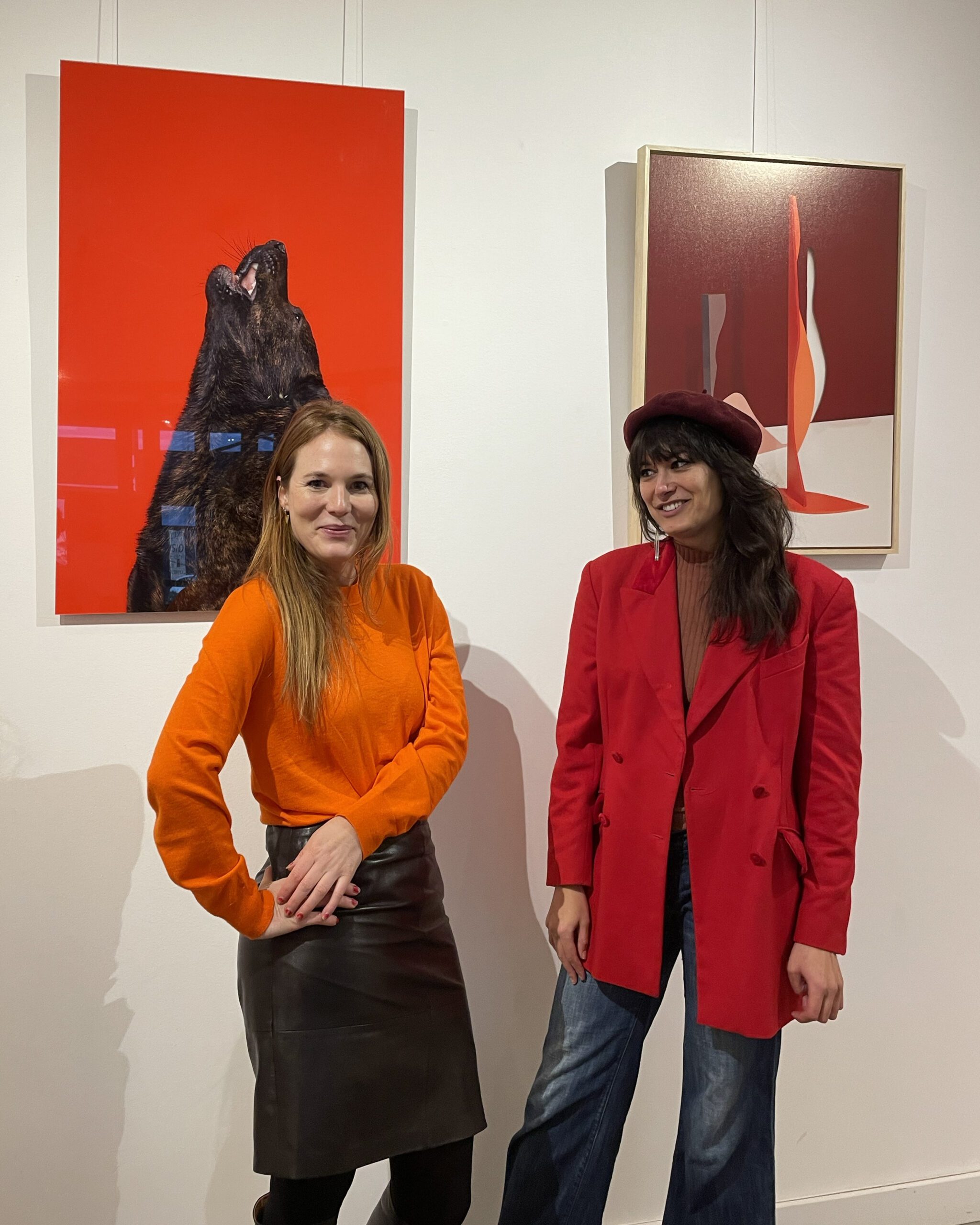Date and time: November 19, 18:00
Venue: Spinelli Room 3G2, European Parliament, Brussels
Followed by a cocktail reception.
Co-organised by ECCD and MEP Emma Rafowicz, the special conference-debate marks two decades since the adoption of the UNESCO Convention on the Protection and Promotion of the Diversity of Cultural Expressions — a landmark international instrument ratified by 148 States the European Union. The Convention enshrines cultural diversity as an independent public good that cannot be reduced to a mere commodity.
The discussions will be opened by Glenn Micallef, Maltese Commissioner for Intergenerational Fairness, Youth, Culture and Sport. And concluded by Director and UNESCO Representative to the EU, Lodovico Folin Calabi.
The second panel, “Artificial Intelligence and Cultural Creation: Between Threats, Opportunities, and Regulation”, will analyse the impact of AI on creation, dissemination, and remuneration of works, and to consider the necessary safeguards to preserve freedom of creation and cultural diversity.
Moderated by Pascal Rogard, Vice-Chair of the ECCD and Director General of SACD, meet our panellists:
MEP Hannes Heide (S&D, Austria): 
Hannes Heide is an Austrian Member of the European Parliament since 2019 (S&D), having previously worked as a cultural manager and Mayor of the City of Bad Ischl (European Capital of Culture 2024). He serves as the S&D coordinator in the Committee on Culture and Education (CULT) and is a substitute member of the Committees on Regional Development (REGI) and on Civil Liberties, Justice and Home Affairs (LIBE). In addition to his committee assignments, Heide is part of the Parliament’s delegation to the ACP–EU Joint Parliamentary Assembly. His political vision is clear: to strengthen culture as a driver of social development, promote innovation and shape a strong, inclusive Europe. He is engaged with the impact of digital technologies, including artificial intelligence, on creative sectors, cultural diversity and artistic freedom. Heide advocates for policies that ensure fair remuneration for creators and safeguarding Europe’s rich cultural heritage.
Tobias Holzmüller, CEO of GEMA (German collective management organisation for music): 
Tobias Holzmüller is the CEO of GEMA and a member of the board of GESAC. Born in 1975, he studied history and law at the universities of Glasgow, Montpellier, Heidelberg and New York (NYU, LL.M. 2007). From 2004 to 2006, he was a doctoral fellow at the Max Planck Institute for Intellectual Property and Competition Law and received his doctorate from the Ludwig Maximilian University of Munich. After being admitted to the bar in 2007, he worked at the law firm Gleiss Lutz until 2012. During this time, he specialised in German and European antitrust law, copyright law and EU law. Tobias Holzmüller was in charge of the legal department of GEMA as General Counsel from January 2013 to March 2024 and has also managed the affairs of the Central Organisation for Private Copying Rights (ZPÜ) since 2016. In October 2023, he was appointed CEO of GEMA. He is a member of the German Association for the Study of Antitrust Law and the Copyright Expert Committee of GRUR. Tobias Holzmüller has published numerous articles on the subject of competition and copyright law and is a lecturer in copyright law at the University of Regensburg.
Alexandra Bensamoun, French IP Law Professor: 
Alexandra Bensamoun is a professor of law at the University of Paris-Saclay, specialising in digital regulation and intellectual property law. She founded and directs the Master 2/LLM in Fundamental Intellectual Property and Digital Technologies (PIFTN), a joint degree with Laval University (Quebec) and the Autonomous University of Madrid (Spain). She is the author of numerous individual and collective studies, including a collective Treatise on the Law of Artificial Intelligence (LGDJ/Lextenso, 2nd ed., 2022). Actively involved in various national and international research networks, she is a member of the executive committee of ALAI (and vice-president of Afpida, its French branch) and of the DataIA Institute, the AI Cluster at the University of Paris-Saclay. She serves as an expert for UNESCO and various authorities and is a “qualified expert” at the CSPLA (Higher Council for Literary and Artistic Property, French Ministry of Culture). In France, she was a member of the Interministerial Commission on Artificial Intelligence, co-chaired by Philippe Aghion and Anne Bouverot, which submitted its report on France’s AI strategy, AI: Our Ambition for France, to the French President in March 2024. She has produced numerous official reports on digital matters, particularly on artificial intelligence, at the request of the French Minister of Culture, including on the implementation of the European AI Regulation (Dec. 2024) and on remuneration models for cultural content used by AIs (June 2025). She is currently working on content produced by or with the help of generative AI (June 2026).
Anne-Claire de Breij and Aisha Zeijpveld, visual artists and photographers: 
Aisha Zeijpveld and Anne Claire de Breij are Amsterdam-based photographers who became friends while studying at the Royal Academy of Art (KABK) in The Hague. After graduating, they each made a name for themselves as freelance photographers, working mainly in the cultural sector. Through their long-standing collaboration with Volkskrant Magazine, they have both developed an exciting body of conceptual portraits and still lifes, and many theatre posters have come from their hands. Their photographs are alienating, graphic, and colourful, and they share a common interest in playing with reality and challenging the viewer’s expectations. They achieve this not through digital manipulation, but by constructing everything physically in front of the lens. Their images may appear surreal, yet everything seen actually existed in the studio or on location. They build sets, sculpt objects, and employ analogue techniques to shape reality in a precise and deliberate way. The impact of their work comes from this combination of physical fabrication and careful composition, where the photographs feel both real and subtly uncanny. Their work was also presented together in the duo exhibition New Vision / On the Edge at Atelier K84.

